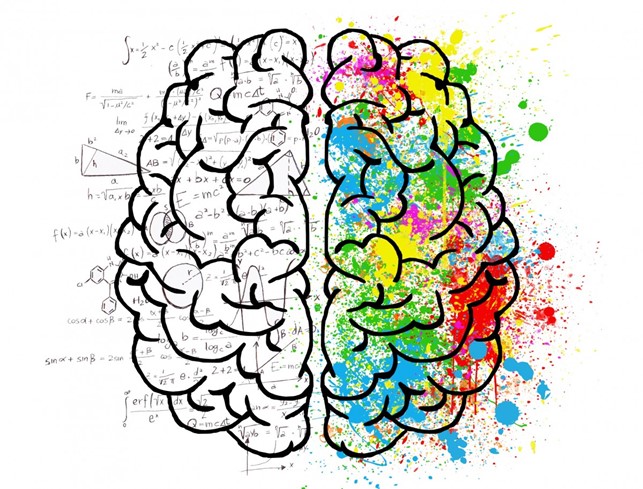
Neurodiversity and innovation: companies focus on neurodivergent skills
By 2027, a quarter of the world’s largest companies will actively hire people with neurodivergent abilities
Artificial intelligence is revolutionizing the way we work, opening up new opportunities and requiring increasingly specialised skills. A recent Gartner study has revealed an unexpected but promising trend: by 2027, one-quarter of the world’s largest companies are planning to actively hire people with neurodivergent abilities.
Why do companies turn to neurodiversity?
The characteristics of people with autism, ADHD or dyslexia, often considered as limitations, are a real advantage in the context of the development and use of artificial intelligence.
- Attention to maniacal detail: AI requires extreme precision. People with autism, thanks to their ability to focus on details often overlooked, are able to identify errors and anomalies that could compromise the functioning of a system
- Logical and analytical thinking: People with ADHD, if properly supported, can develop out-of-the-box logical and analytical thinking, which is crucial for solving complex problems and identifying patterns in data
- Creativity and lateral thinking: People with dyslexia, often endowed with great creativity and lateral thinking, can bring new perspectives and innovative solutions to problems
Technology and diversity in perfect harmony
The meeting between artificial intelligence and neurodiversity is a perfect match. Neurodivergent people can make a unique and invaluable contribution to the development of increasingly sophisticated and powerful AI systems. In addition, their presence within work teams can stimulate creativity, innovation and diversity of thought.
The challenges of inclusiveness
Despite its potential, the inclusion of neurodivergent people in the world of work still presents some challenges. There is a need to create inclusive work environments, where people with neurodivergent abilities can reach their full potential and receive the necessary support. Some of the main challenges to be addressed are:
- Awareness raising: It is crucial to raise awareness in companies and society at large about neurodiversity and the benefits it can bring
- Training: It is necessary to provide managers and co-workers with the tools and skills needed to work effectively with neurodivergent people
- Adapting work environments: Work environments need to be adapted to meet the needs of neurodivergent people, such as through the use of communication and organizational support tools
A more inclusive future
Companies’ growing interest in neurodivergent people is an important step toward a more inclusive and diverse future of work. By valuing the abilities of all people, we can create more innovative and just societies.
Sources and images


